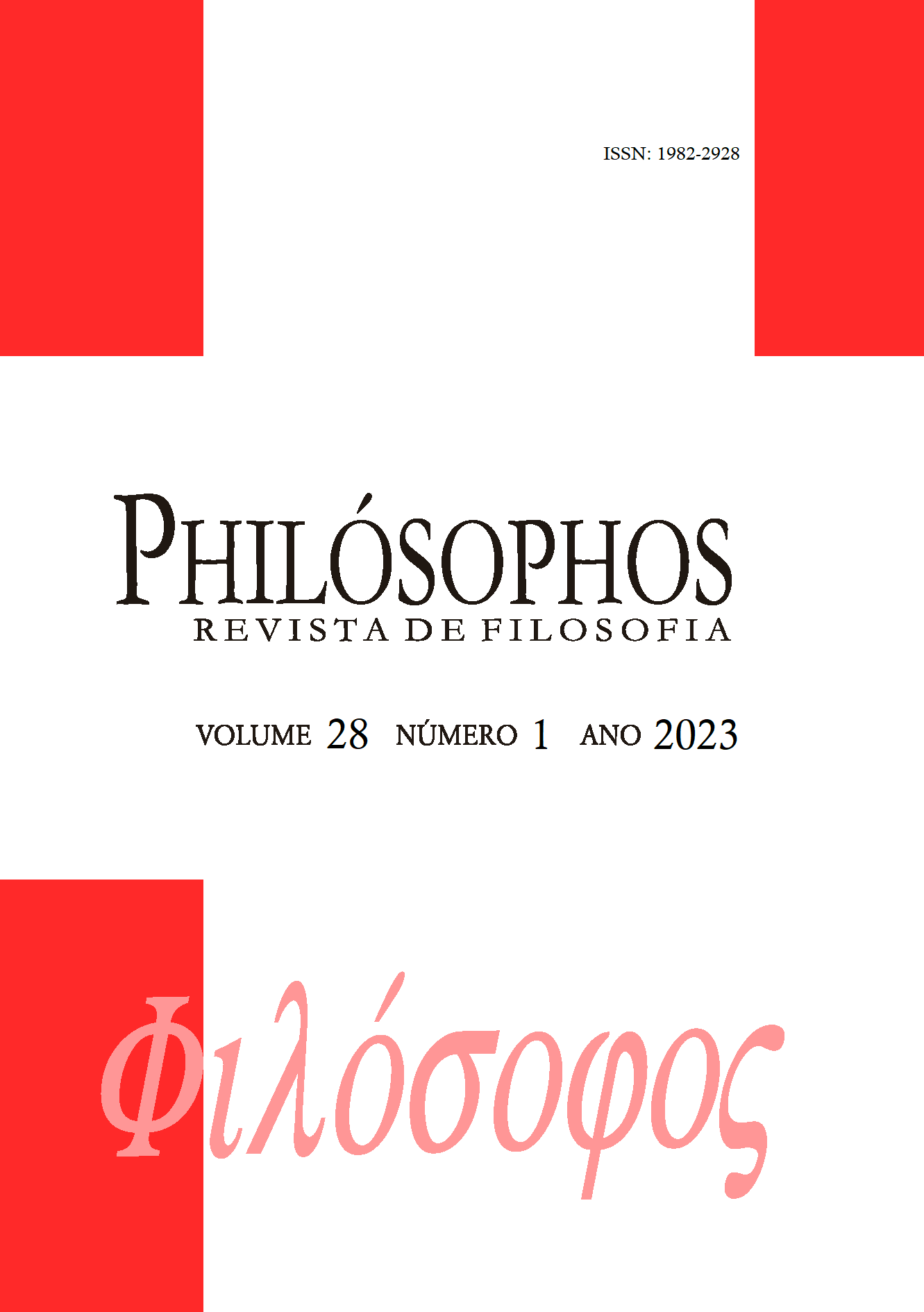A relevância da distinção kantiana entre virtude e boa vontade para o debate contemporâneo sobre a ética das virtudes
DOI:
https://doi.org/10.5216/phi.v28i1.76093Palavras-chave:
virtude, boa vontade, Kant, Aristóteles, Ética das Virtudes.Resumo
O artigo sustenta que a distinção entre virtude (Tugend) e boa vontade (guter Wille) na ética de Kant fornece uma chave para compreendermos a tese da centralidade da virtude na Ética das Virtudes contemporânea. A partir de uma comparação entre as éticas de Kant e de Aristóteles, argumentaremos que o conceito de excelência (areté) cumpre, na obra do filósofo grego, a mesma função da boa vontade em Kant, constituindo o valor moral a partir das razões corretas e da motivação adequada. Acreditamos que esta abordagem pode contribuir para que a Ética das Virtudes se firme como uma corrente autônoma, alternativa ao utilitarismo e ao neokantismo, ao apontar para divergências estruturais entre estas teorias em função de diferentes papéis atribuídos ao conceito de virtude.Downloads
Downloads
Publicado
Como Citar
Edição
Seção
Licença
Copyright (c) 2023 Rafael Rodrigues Pereira

Este trabalho está licenciado sob uma licença Creative Commons Attribution-NonCommercial-NoDerivatives 4.0 International License.
Autores que publicam nesta revista concordam com os seguintes termos:
- Autores mantêm os direitos autorais e concedem à revista o direito de primeira publicação, sendo o trabalho simultaneamente licenciado sob a Creative Commons Attribution License o que permite o compartilhamento do trabalho com reconhecimento da autoria do trabalho e publicação inicial nesta revista.
- Autores têm autorização para assumir contratos adicionais separadamente, para distribuição não-exclusiva da versão do trabalho publicada nesta revista (ex.: publicar em repositório institucional ou como capítulo de livro), com reconhecimento de autoria e publicação inicial nesta revista.















